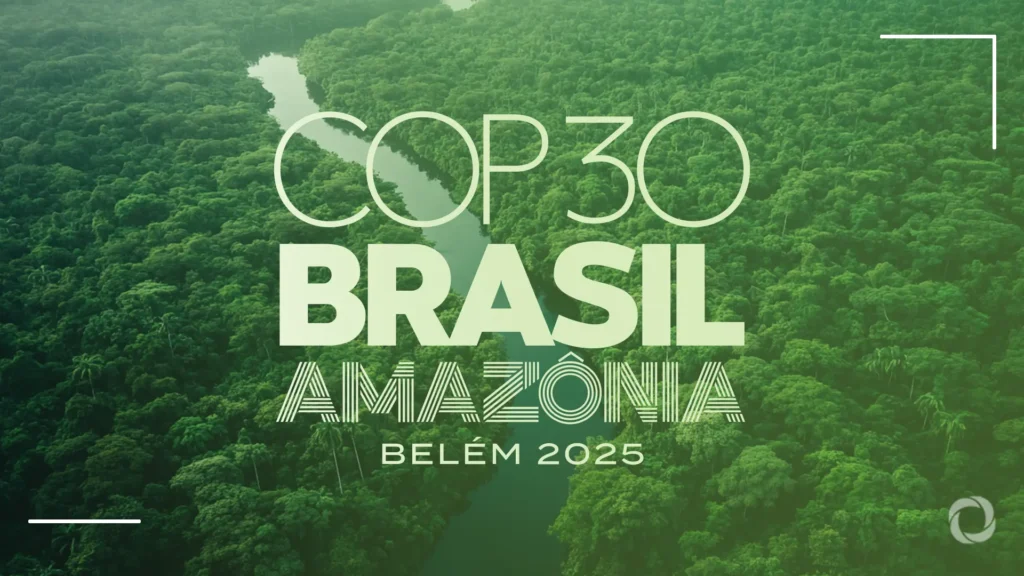At COP30 in Belém, Brazil, the fashion industry is under increasing scrutiny over deforestation, Indigenous rights, labor conditions, and environmental justice within its supply chains, particularly in the Amazon region. The summit has highlighted the urgent need for brands to adopt meaningful sustainability practices beyond surface-level initiatives.
Transparency and Indigenous Consent
A report by Vogue Business notes that global fashion brands are being urged to improve transparency, secure meaningful Indigenous consent, and avoid greenwashing—making sustainability claims without substantive action. Industry leaders stress that true accountability requires systemic changes in sourcing, production, and supply chain governance.
Amazon as a Critical Environmental Hotspot
Experts emphasize that the Amazon plays a pivotal role in global ecological balance. Fashion supply chains sourcing raw materials such as leather, cotton, and timber can have profound impacts on local ecosystems and communities. Activists at COP30 called for rigorous monitoring, ethical labor practices, and respect for Indigenous land rights to prevent further environmental and social harm.
Towards Climate Justice in Fashion
The COP30 discussions reflect a broader push for climate justice in the fashion industry, encouraging brands to align with global sustainability goals while addressing systemic inequalities and ecological risks. As pressure mounts, transparency, ethical sourcing, and accountable operations are increasingly essential for maintaining credibility and access to international markets.

